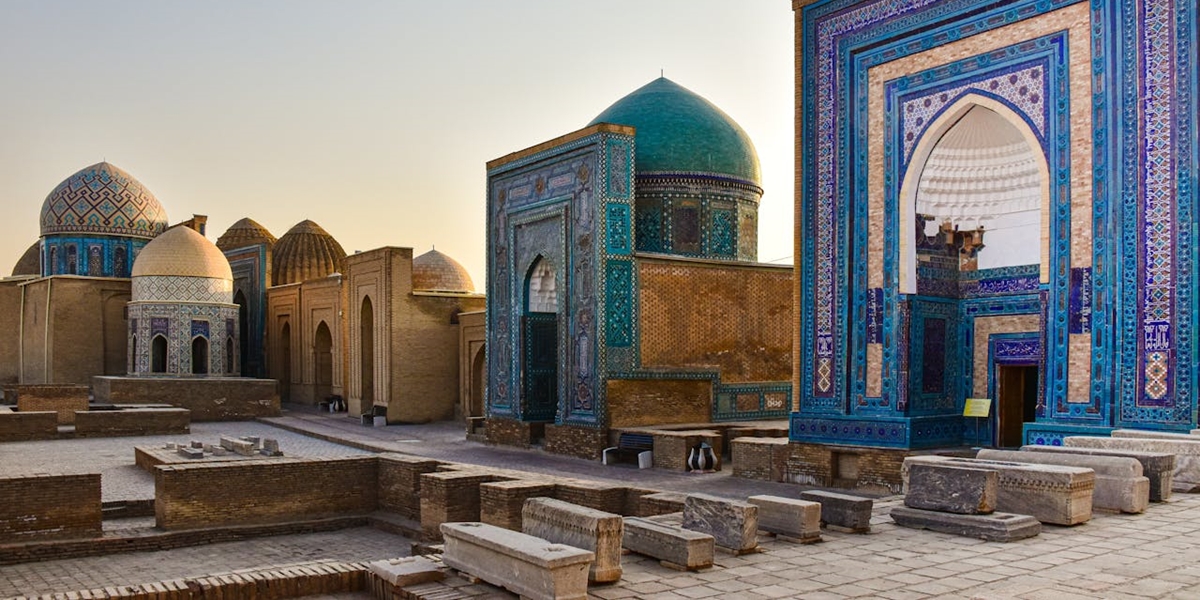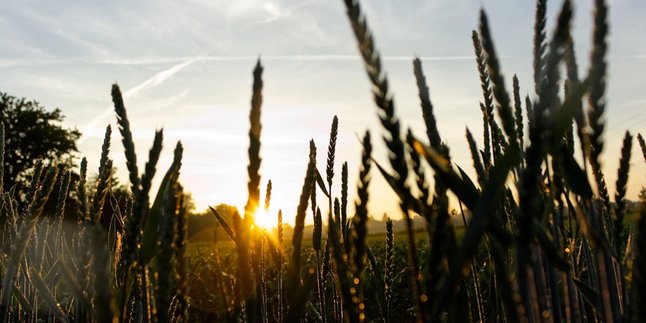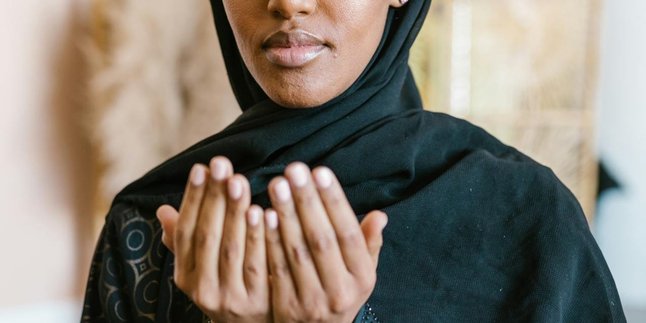Kapanlagi.com - Eid is a moment full of happiness, but for some, it is also a time to remember parents who have passed away. The prayer for visiting the grave of parents during Eid is an expression of love and respect, asking for forgiveness and peace for them in the afterlife.
When visiting the graves of parents, reciting prayers with sincerity is the best way to maintain a spiritual bond with them. The prayer for visiting the grave of parents during Eid is not just a tradition, but also a form of hope that they may find the best place beside Allah SWT.
For those who want to know, here is the prayer for visiting the grave of parents during Eid complete with its meaning and etiquette. Let's check it out, KLovers!
1. The Meaning of Visiting Parents' Graves During Eid
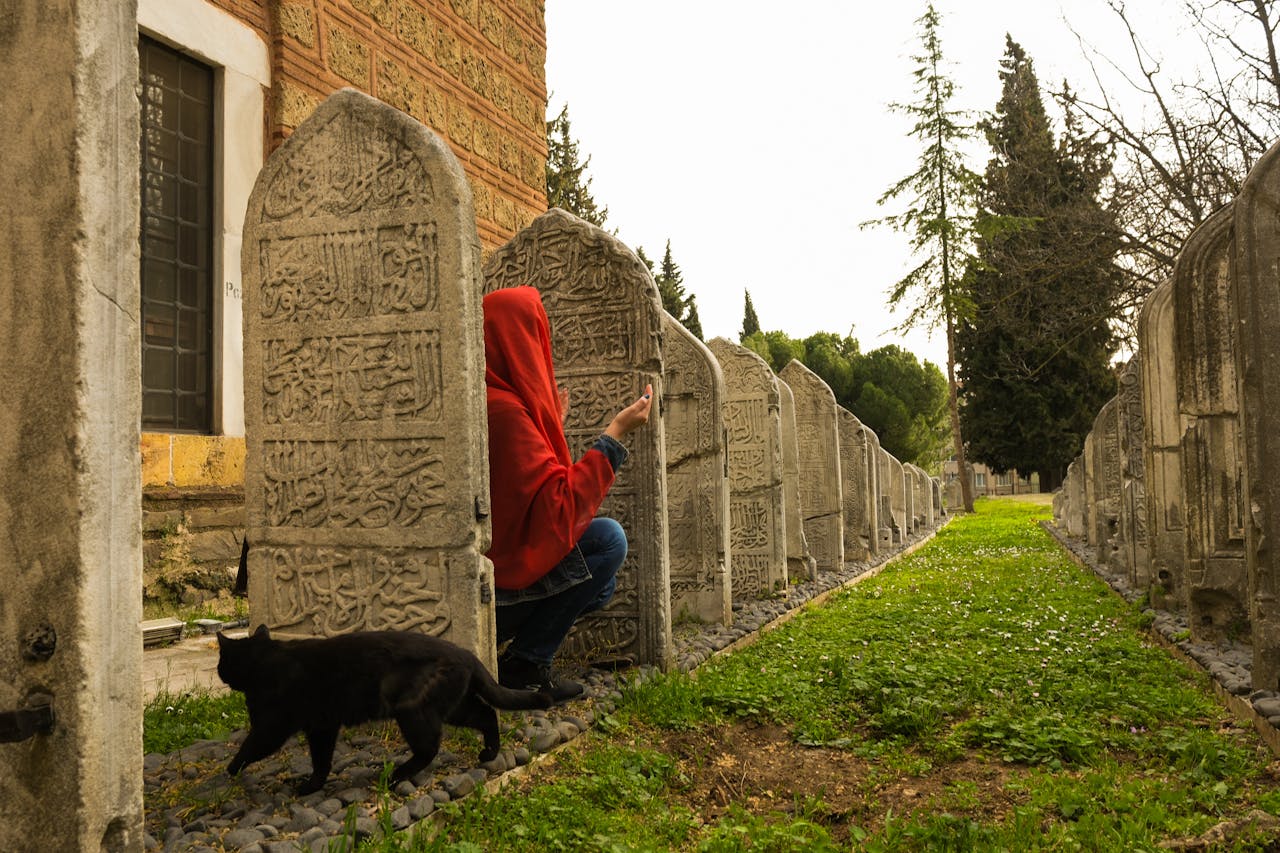
Illustration (credit: pexels.com)
Eid is a moment of togetherness, but for some, it is also a time to remember parents who have passed away. Visiting graves becomes a meaningful tradition, as a form of respect and prayer for those who have gone before us. Here is the meaning of the prayer for visiting parents' graves during Eid:
1. Visiting graves during Eid is not just a tradition, but also an expression of love for parents who have departed.
2. Praying for deceased parents is a way to maintain a spiritual bond with them.
3. Eid is the best time to remember the services of parents and pray for their happiness in the afterlife.
4. Prayer and visiting graves are the best ways to show devotion to parents who have passed away.
5. When visiting graves, we are reminded that this life is temporary and death is certain.
6. By visiting graves, we can recall the valuable advice from our parents during their lifetime.
7. There is no greater happiness than knowing that our prayers reach them.
8. Visiting graves teaches us the meaning of patience, sincerity, and respect for those who have departed.
9. Eid without the presence of parents is indeed heavy, but our prayers can still reach them.
10. Maintaining good relationships with the family that is still present is a form of respect for parents who have passed away.
2. Prayer for Visiting Parents' Grave During Eid
When visiting graves, reciting the prayer for the deceased parents during Eid sincerely is an essential part of this worship. Here is the prayer for the deceased parents during Eid that we can offer to seek forgiveness and peace for them:
1. "Assalamu'alaikum ya ahlil qubur, yaghfirullahu lana wa lakum, antum salafuna wa nahnu bil athar." (Peace be upon the inhabitants of the graves, may Allah forgive us and you, you have preceded us and we will follow you).
2. "Allahummaghfir lahum warhamhum wa 'afihim wa'fu 'anhum." (O Allah, forgive them, have mercy on them, grant them peace, and forgive their mistakes).
3. "Rabbighfir li wa li walidayya warhamhuma kama rabbayani shaghira." (O Lord, forgive me and my parents, and have mercy on them as they raised me when I was small).
4. With sincere prayers, we hope our parents receive the best place in the sight of Allah.
5. Reciting the prayer for the deceased parents during Eid can be done with a humble heart and full of love.
6. A prayer offered sincerely will become light for them in the afterlife.
7. Visiting graves is an opportunity to reflect and improve oneself to become a better child.
8. When praying for our parents, we are also reminded to always do good in life.
9. May Allah ease the grave of our parents and grant them eternal peace.
10. There is nothing more beautiful than remembering our parents with sincere prayers and full of love.
3. Etiquette and Procedure for Visiting Graves During Eid
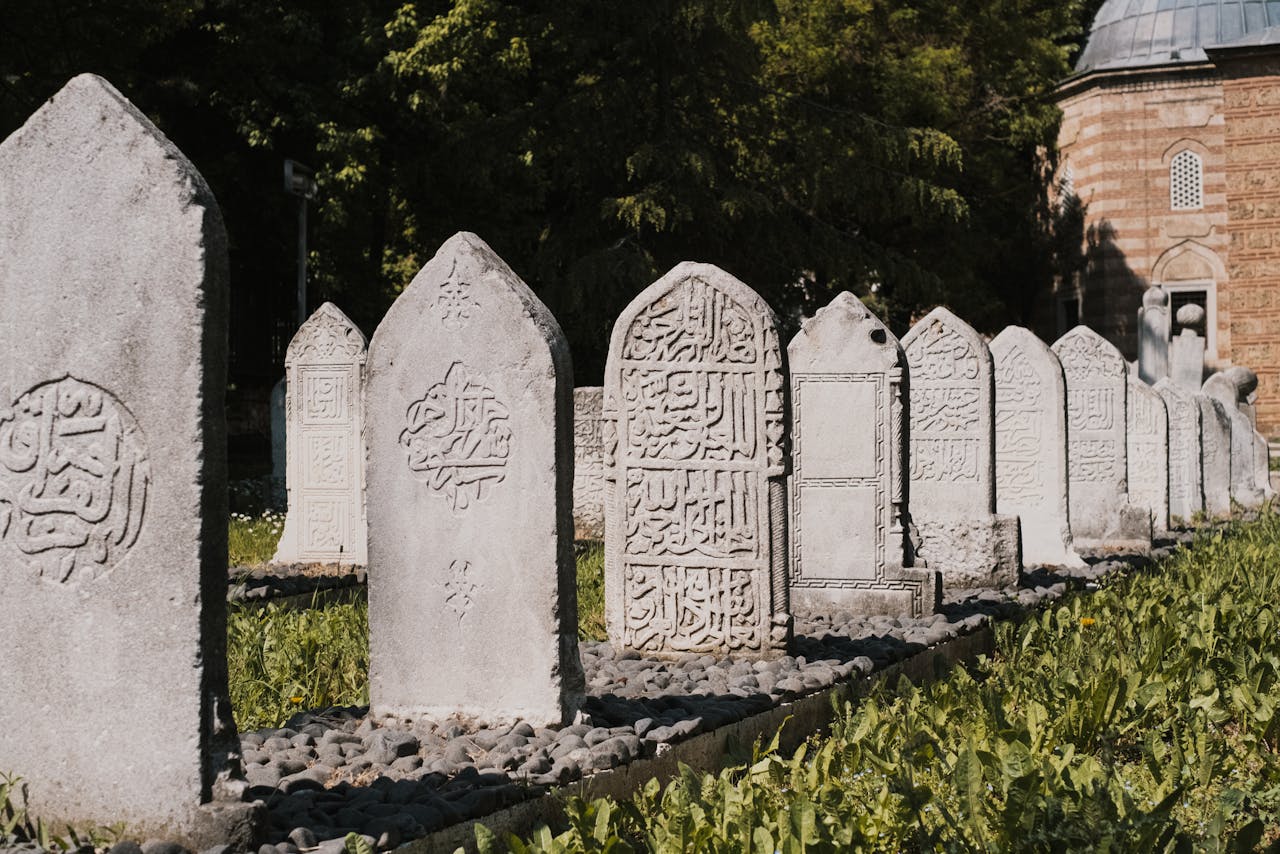
Illustration (credit: pexels.com)
Visiting graves is not just about coming and praying, but there are also etiquettes that need to be observed so that this visit becomes a meaningful act of worship. Here are the correct procedures for praying at parents' graves during Eid:
1. Start by greeting the inhabitants of the grave.
2. Sit near the grave respectfully and with focus.
3. Recite the prayer for visiting parents' graves during Eid with a sincere heart.
4. Avoid sitting on or stepping on the grave as a form of respect.
5. Recite Surah Al-Fatihah and Surah Yasin for the deceased.
6. Pray that they receive the best place beside Allah.
7. Do not cry excessively, but focus on prayer and remembrance.
9. If possible, visit with family for greater blessings.
10. Remember that visiting graves also serves as a reminder of the transient nature of life.
4. Reflections on Life from Visiting Graves
Visiting graves is not just about remembering those who have passed away, but also serves as a reminder for us who are still alive. Here are some reflections on life that we can draw from the tradition of visiting the graves of parents during Eid:
1. Life is only temporary; what lasts forever is good deeds.
2. Every human will return to the Creator; no one can escape it.
3. Praying for deceased parents is a form of devotion that is unbroken.
4. Death is a reminder that we must always do good to others.
5. Every action we take will be accounted for in the hereafter.
6. No one knows when death will come, so prepare yourself with righteous deeds.
7. Visiting graves teaches us the meaning of sincerity and acceptance of fate.
8. The prayers of a righteous child will continue to flow and become a blessing for deceased parents.
9. We must always maintain good relationships with living family members.
10. By remembering death, we will be more careful in living our lives.
5. Maintaining Good Deeds for Deceased Parents
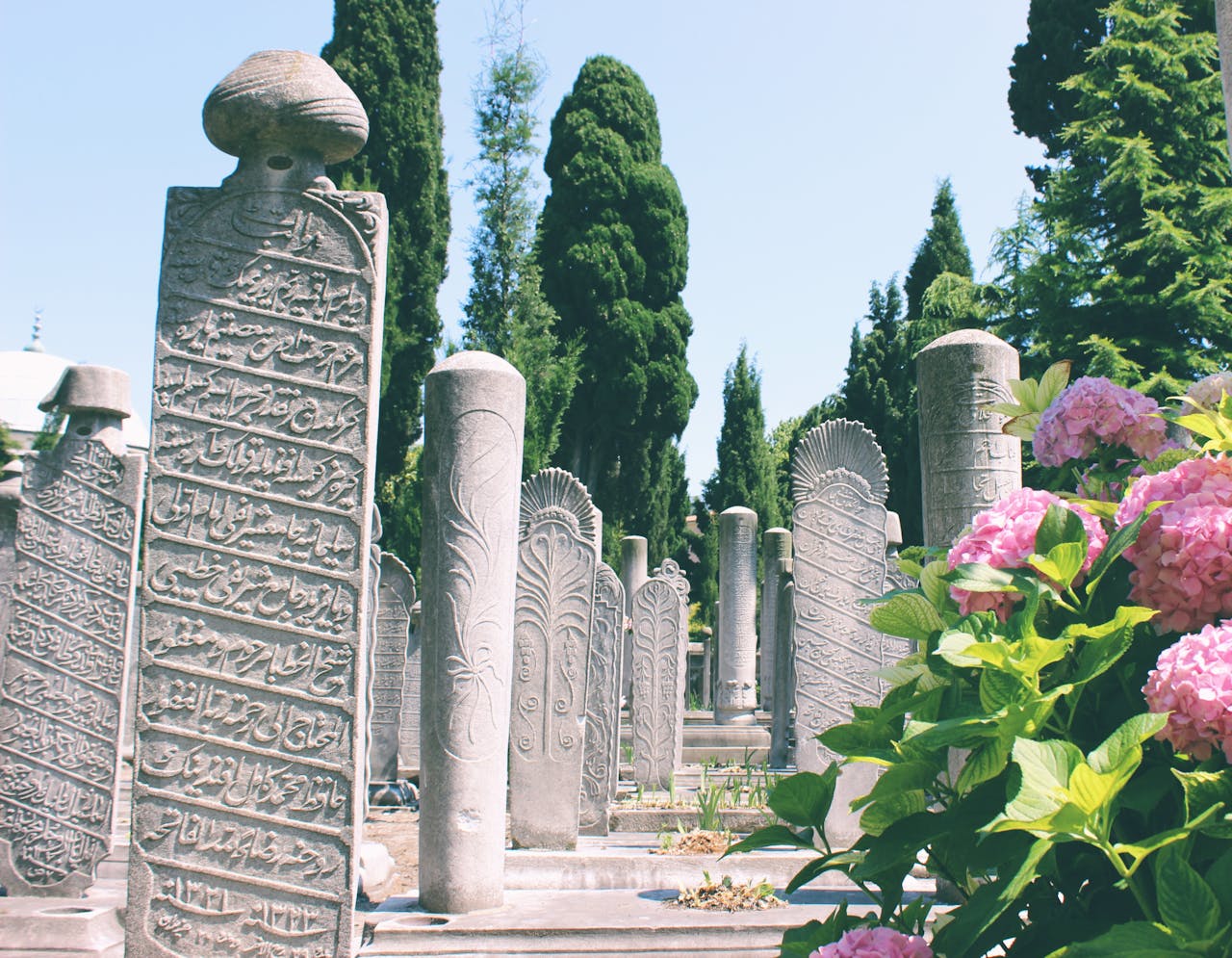
Illustration (credit: pexels.com)
In addition to visiting graves and praying, there are many ways to continue honoring our parents even though they have passed away. Here are some deeds we can do to ensure that rewards continue to flow to them:
1. Donate in their name, such as contributing to a mosque or orphanage.
2. Recite the Qur'an and dedicate the rewards to our parents.
3. Carry out the good deeds they taught us.
4. Maintain family ties with the extended family.
5. Be kind to friends and acquaintances of our parents.
6. Spread beneficial knowledge in their name.
7. Pray for them after each obligatory prayer.
8. Perform Hajj or Umrah in their name if possible.
9. Continue the struggles and values of goodness they left behind.
10. Keep ourselves as dutiful and noble children.
Visiting graves on Eid, especially for parents, is not only about remembering those who have gone but also about strengthening our faith and reminding ourselves of the true meaning of life.
May our prayers during the grave visits for our parents on Eid be accepted by Allah SWT. There are still many prayer recommendations that KLovers can learn about by reading articles on kapanlagi.com. Because, if not now, when?
(kpl/dhm)
Disclaimer: This translation from Bahasa Indonesia to English has been generated by Artificial Intelligence.
